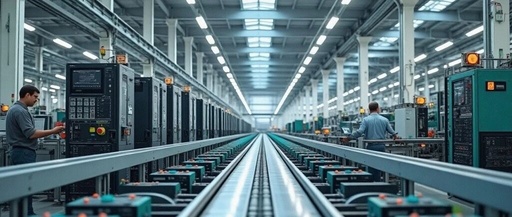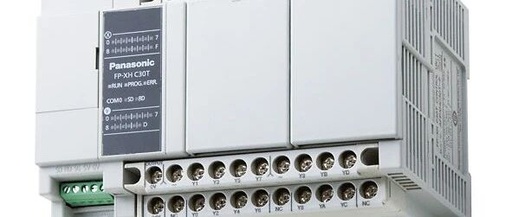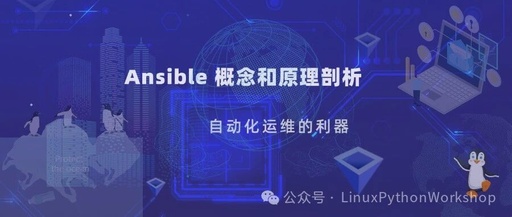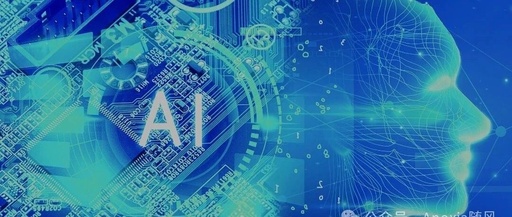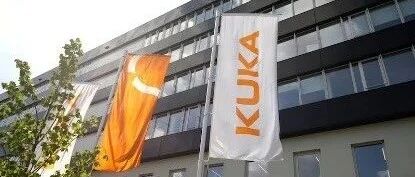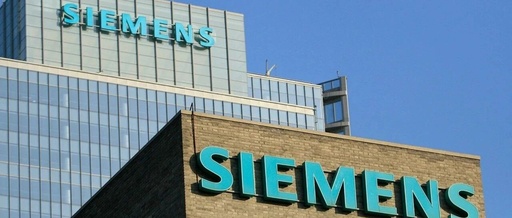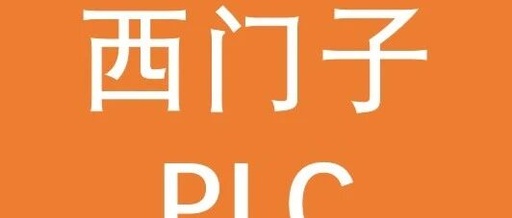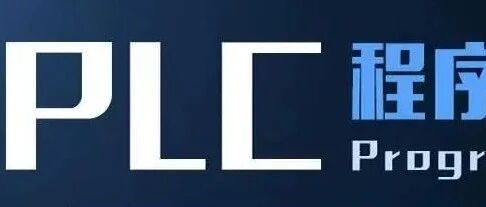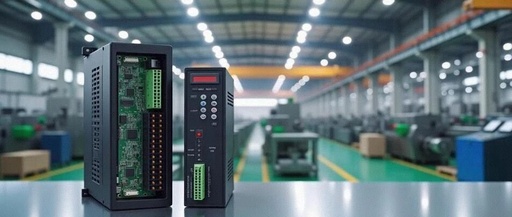Siemens PLC Programming Debugging Techniques: Shorten Your Project Delivery Cycle by 30%
Siemens PLC Programming Debugging Techniques: Shorten Your Project Delivery Cycle by 30% Hello everyone! I am Shui Gong, an engineer with over ten years of experience in the automation industry. Throughout my journey, from being a novice in the workplace to now being able to independently handle the entire process from project design to delivery, … Read more
